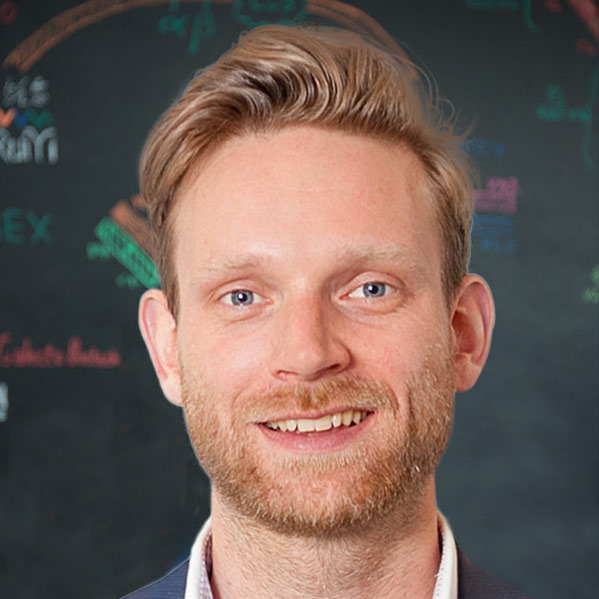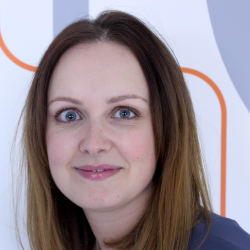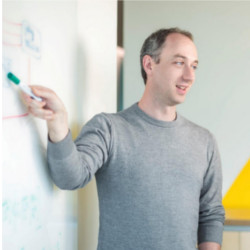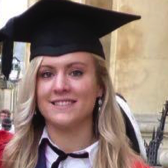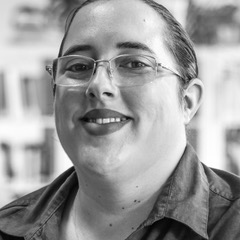PhD Immunology, Academic Medical Centre Amsterdam (2014)
| Associate | |
|---|---|
| M Ventures | |
Year entered into non-academic position: 2015
Job highlight: The ability to work with smart, engaged and highly motivated founders of biotech companies that use cutting-edge science
Postgraduate take-away: Think early about your next step and try to prepare yourself for that, and equally important, create a coherent story about why you want to do this!
What’s your background?
I’m trained in Biotechnology through my BSc at the Technical University of Delft. Subsequently, I took an MSc in Biomedical Sciences to focus on human disease and better understand its pathological mechanisms. During my MSc, I investigated a cure for type 1 diabetes at the La Jolla Institute for Allergy and Immunology (San Diego) and worked in biotech at Syntaxin Ltd (Oxford, UK). I specialised through a PhD in immunology at the AMC Amsterdam focusing on the role of innate immunity in sterile inflammatory disease. After my PhD, I left academia to work as a consultant and subsequently joined M Ventures.
Why did you move away from academia?
Academia typically has long timelines where projects can take up to 3-5 years. Since progress is sometimes slow, I felt a need to work in a more fast-paced environment. Additionally, the application of research and the impact it has on patients is quite important to me. Since this was lacking during my PhD, I decided to make an impact through venture capital (VC), which would allow me to interact with multiple companies that develop drugs.
How did you prepare for the work involved in your job?
I took courses, read up on the topic and tried to get to know the field by talking to peers who also recently made the transition.
Can you describe a typical week in your job?
Typically, we start the week with deal flow discussion where we discuss all the new opportunities that have come in and decide which ones we want to take forward, based on commercial potential and novelty of the concept. Midweek is mostly occupied with more detailed research into companies, taking calls with experts to better understand the field and drafting investment proposals. Friday is usually the day when I prepare new deals to be discussed the following Monday.
What’s the workplace culture like?
Very dynamic with lots of freedom. That also comes with the responsibility to finish tasks when they need to be finished.
Which transferable skills are most important to your job?
Relationship management, project management and scientific review.
What’s the best part of your job?
To engage with smart, motivated scientists and CEOs who want to change the world by developing a drug that can save lives. If we can help them in their journey by supporting them with financing and know-how, that would be enough.
What would you like to achieve in the future?
Bring a company from inception all the way to clinical proof of concept.
Do you have any advice for current graduate students and postdocs considering a career outside of academia?
Talk to a lot of people and do a good deal of thinking around your next step. Make sure you set yourself apart from the rest by taking courses, doing extracurricular activities, etc.

